Call: 0800 018 4386 | Our Lines Are open 24hrs
Download Our BROCHURE
First Steps
Following a death, there are many legal requirements that will need to be carried out, in most circumstances it is a time when family and friends will lend support.
Bristol Funeral Directors will aim to assist you as much as possible during this time, our staff can be contacted by telephone 24 hours a day, 365 days a year. When a death occurs, we will advise as to what the next steps are, as these will vary depending on the circumstances.
This section includes information of the processes involved following an expected death and an unexpected death, and offers further guidance on what to do depending on where the death has occurred.
After a Death has Occurred
Death at Home
- Call a Doctor to request a home visit to confirm the death and determine the cause.
- The Doctor will issue a Medical Certificate of Cause of Death.
If the cause of death cannot be determined, the doctor will refer the death to the Coroner.
Death in Hospital, Hospice or Nursing Home
- The staff of a care facility, such as a hospital or nursing home, will notify you and the necessary authorities immediately after a death has occurred.
- If a funeral home has been provided to the hospital or nursing home, they will be notified at the time of passing.
- If you are present at the hospital when the funeral director arrives, they will ask a few questions about the deceased's wishes and set up a time to make arrangements.
- If you are not present, a funeral director will contact you by telephone to discuss these arrangements.
Registering a death
- The death must be registered within 5 days at the Register Office for the sub-district where the death occurred.
- The Medical Certificate of Cause of Death must be given to the Registrar. The death cannot be registered without it.
- If possible, also take the deceased’s Medical Card, Birth and Marriage Certificates.
- The Person registering the death will need the following information:
- full name and surname of the deceased
- date and place of death and usual address
- marital status (single, married, widowed or divorced)
- date and place of birth
- occupation of the deceased (if the deceased was a wife or widow, the full names and occupation of her husband or deceased husband will be required)
- if the deceased was a child, the full names and occupation of the father will be required, or where the parents are not married the full names and occupation of the mother will be required
- maiden surname if the deceased was a woman who was married
- the name and address of the deceased’s GP
- details of any pension apart from a state pension that the deceased may have held
- the deceased’s religion
The Coroner
The main duties of the Coroner are as follows:
- To investigate all sudden and unexpected deaths.
- To give permission to remove the deceased out of England and Wales.
- Decide what action is necessary following initial investigations of the facts surrounding the death.
- If necessary, arrange a post-mortem examination to establish the cause of death.
Transplants
- If the deceased has completed donor cards, or the relatives are aware of a wish to donate organs, contact the nearest hospital immediately to obtain its instructions.
If the deceased wished to donate his or her body for medical research, it is only likely to be accepted if arrangements had been made prior to their death.
'Tell us Once' Service
Most local councils run a service called ‘Tell Us Once’ – it lets you report a death to most government organisations in one go. Your local Registrar will tell you about it and give you a unique reference number to access the service online or by telephone.
For more information visit www.gov.uk/after-a-death/ and click on ‘Tell Us Once’.







